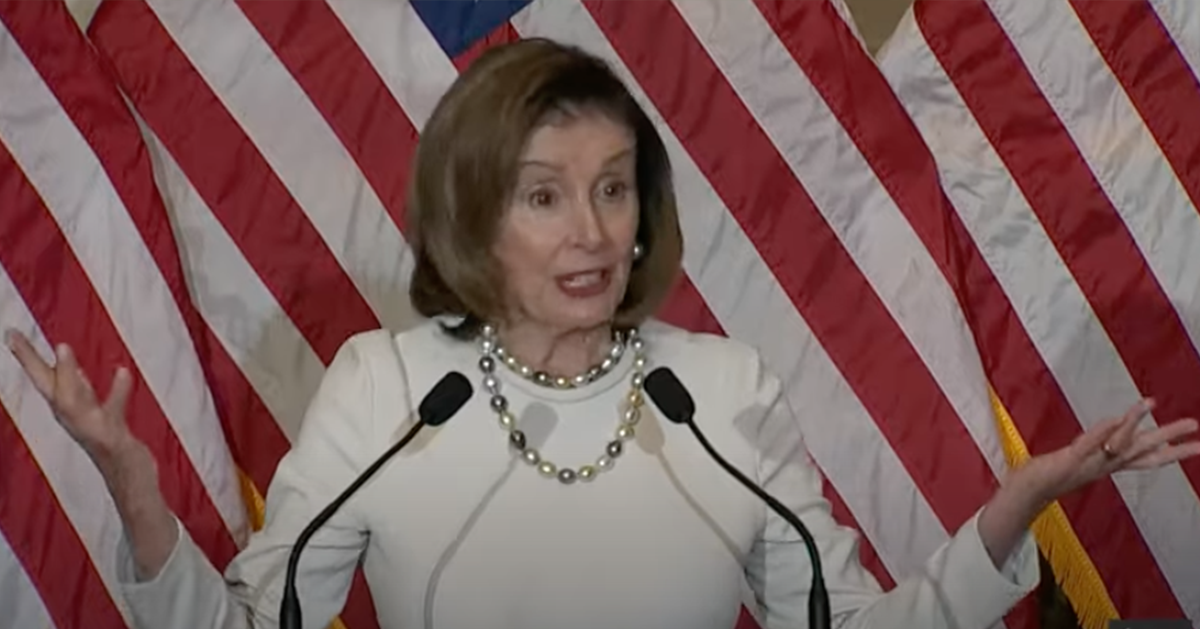Musk clarifies position on potential DOGE stimulus
In a surprising turn of events, Elon Musk, the renowned entrepreneur, has tempered expectations around a previously floated distribution of $5,000 stimulus checks to Americans.
The idea of using Department of Government Efficiency (DOGE) savings for direct payments has been met with uncertainty following Musk's recent comments, as Newsmax reports.
Originally, there was optimism surrounding the conversion of reported savings from the FOGE into substantial stimulus payments.
Both President Donald Trump and Musk had lent their support to this notion. Appreciating the appeal of a buoyant populace with more disposable income, this initiative was designed to distribute $5,000 payments to American citizens.
However, Musk has since shifted his focus, stating that the ultimate decision is the prerogative of Congress and the president.
Focus Shifts to Economic Efficiency
Musk's recent stance emphasizes the broader goal of minimizing governmental waste to bolster the national economy. "It is somewhat up to Congress and maybe the president as to whether specific checks are cut," Musk noted while echoing his belief that even without the payments, economic well-being is achievable through reduced spending. In Musk's vision, efficient government financing would alleviate inflation and enhance the overall prosperity of citizens.
The Department of Government Efficiency's mission is, indeed, an ambitious one. It primarily aims to economize to the extent where over $2 trillion could potentially be saved.
By these standards, the funds saved could serve to reinvigorate household finances across the country. As of the last report, DOGE had identified $140 billion in savings, though this figure would only equate to a mere $870 per taxpayer, significantly below the envisioned $5,000 checks.
Challenges, Critiques of DOGE Savings Emerge
Some critics have taken issue with the accuracy of the reported savings. Skepticism has grown regarding whether the savings are actual, realized financial benefits or merely projected figures. The critique questions not only the efficacy of DOGE but also whether these resources could indeed translate into direct aid to citizens.
Furthermore, House Speaker Mike Johnson has posed significant opposition to the potential usage of these savings for stimulus payments.
"If you think about our core principles, right, fiscal responsibility is what we do as conservatives," Johnson stated, emphasizing the importance of tackling the nation's mounting $36 trillion federal debt and persistent deficit. While the promise of stimulus checks can be politically attractive, Johnson underscored the need to address what he described as a national "credit card."
Politics and Fiscal Responsibility Under Microscope
The discourse around DOGE and its potential redistribution of wealth highlights the complex intersection of fiscal policy and politics. Proponents argue that returning savings to taxpayers could catalyze economic activity and improve individual financial security. However, detractors, like Johnson, stress the imperative of rectifying the country's spiraling debt issues to secure long-term economic health.
Musk's new emphasis on the avoidance of "wasteful spending" marks a pivot back towards economic sustainability as opposed to temporary relief. In speaking to these themes, Musk articulated that whatever the outcome regarding stimulus checks, the national economy stands to benefit from more prudent financial management.
For many Americans, the prospect of a $5,000 stimulus check is undeniably enticing, especially amidst discussions of rising living costs and economic instability. The DOGE initiative, though promising on a surface level, is entangled with deeper strategic questions about federal expenditure and macroeconomic priorities.
Looking to the Future with Uncertainty
As the proposal's future hangs in the balance, the roles of Congress and the president remain pivotal. Whether the savings from DOGE will evolve into direct financial aid is uncertain and rests upon deliberations within the corridors of governmental power.
Musk's comments underscore the dynamic nature of economic discussions at the highest levels of policymaking. By advocating for reduced public sector inefficiencies, Musk seeks a reimagining of federal economic policies, irrespective of whether stimulus checks materialize.
The outcome of these debates will undoubtedly influence the economic trajectory for everyday Americans. While the immediate distribution of funds remains unclear, conversations around efficiency and fiscal prudence seem set to continue dominating the political landscape.
As stakeholders from various sectors weigh in, the future of DOGE savings continues to be a focal point for policy debates. The dialogue now hinges on finding a balance between the immediate allure of direct payments and sustainable economic governance for the longer horizon.




